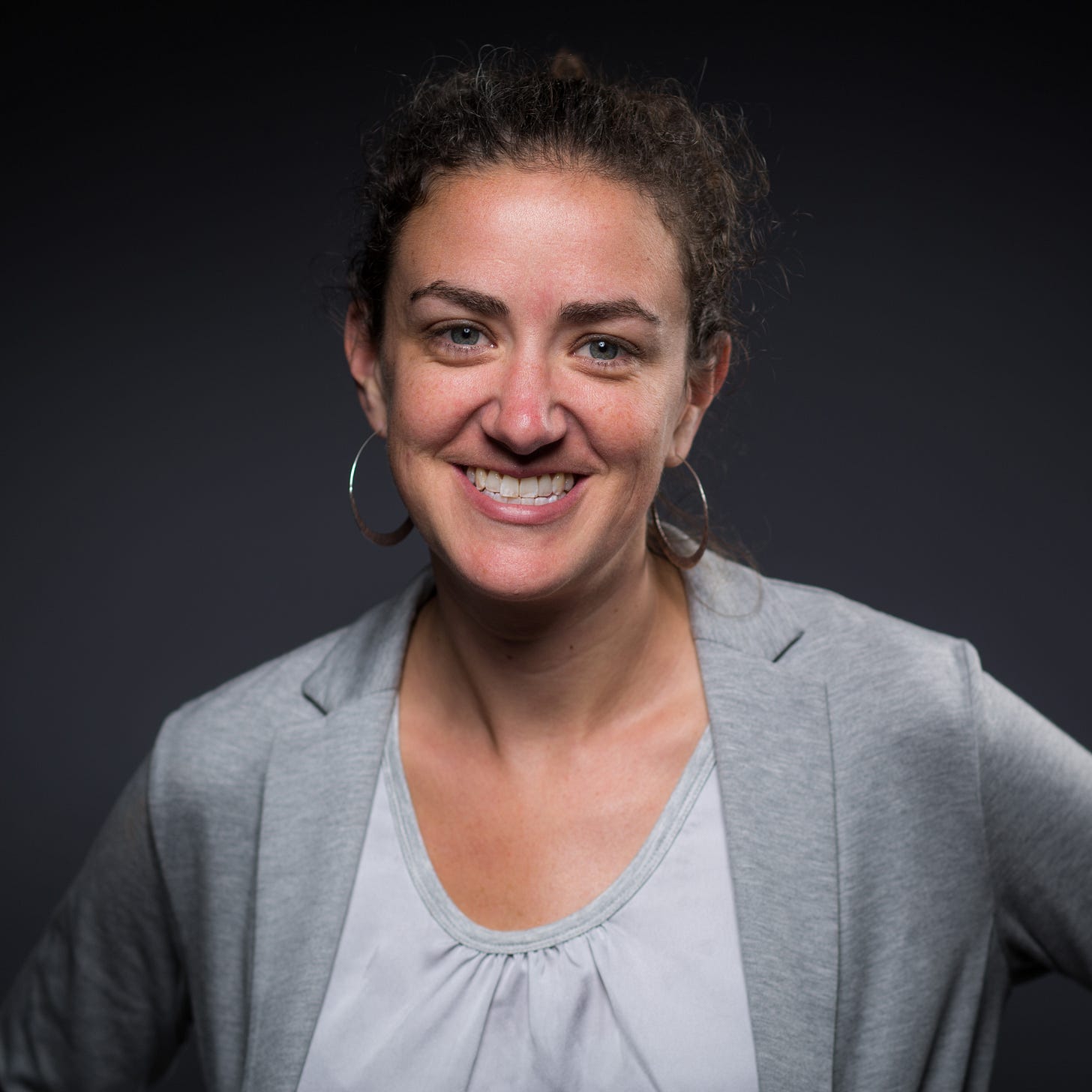Woke America's stealthier racism
Talking with author Courtney Martin about nice white parents and the more insidious segregation of our most progressive places
A few years ago, like millions of parents, Courtney Martin had to decide where to send her child to school. Because she is an acute and thoughtful journalist and social chronicler, she understood what a complicated and fraught and historically loaded decision that was. And so, in addition to making the decision, she set out on a journey to understand th…




